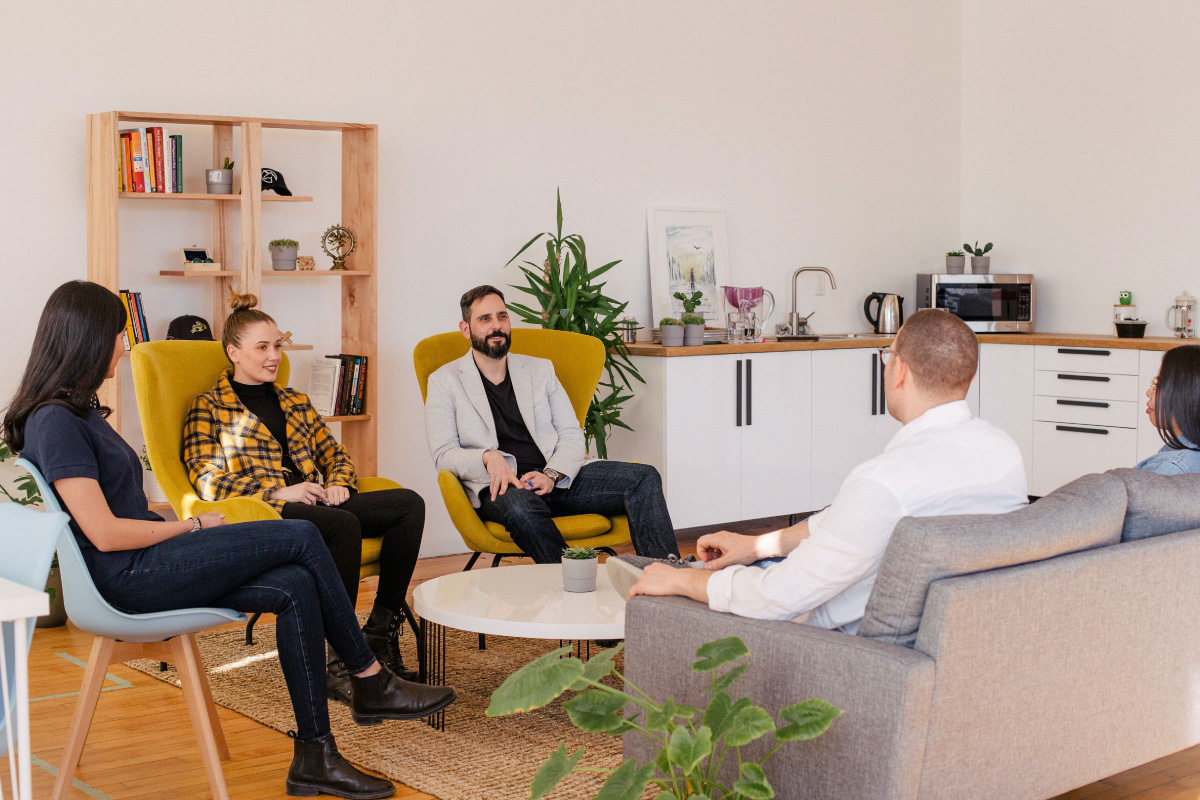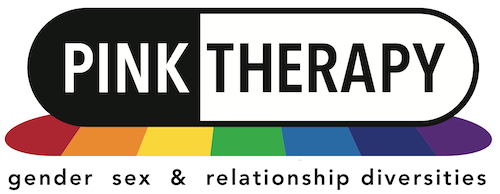
The power of group therapy lies in the collective experience of uniting with others for the purpose of being emotionally open in an exploration of self. Group therapy can allow for a strong sense of shared humanity to develop as people relate to others and realise that everyone in the group struggles in different ways. People’s isolation, loneliness, self-judgement, and shame can reduce as they identify with others and give and receive support.
One of the therapeutic factors found in groups is the instillation of hope (Irvin Yalom). I am always struck by the warmth, validation and encouragement extended between group members in group therapy and the times when people take inspiration from others.
Group therapy mirrors life, and as in all social situations, there are times when there can be uncomfortable experiences. People can feel overlooked or have expectations from a group that still need to be met. The group is best suited for people who can show curiosity and compassion to others and be willing to connect and engage. It is a good fit for people who are isolated in some way and want to understand themselves more deeply and form meaningful connections with others in a therapeutic environment.
Group therapy may not be the right fit for people wanting to address trauma experiences or current life crises, whereas individual therapy affords a therapist’s focused time and attention rather than having it dispersed between many others. However, it can be a useful addition to individual therapy in these situations.
It can be a daunting experience to join a therapy group, and it can bring up fears for people where previous group experiences in life have been painful and exclusive. For this reason, most group therapists offer an initial consultation where people have an opportunity to voice any fears and queries that they have.
There are different styles and roles that group therapists take. Some therapists experience themselves as outside the group, with their role being to maintain a distanced stance whilst facilitating a particular focus in the group. Others experience themselves as both in the group and responsible for it. Their focus is to bring the group together, to help keep it functioning and safe, and to invite reflections of interpersonal group dynamics whilst also sharing personal reflections and experiences when it aids a collective understanding or exploration of a theme being discussed.
Group therapy can be weekly, fortnightly or monthly; some are offered as single experiences for more extended periods of time. Some are closed groups, allowing the same group of people to develop stronger connections and explore recurring themes that may arise in the group dynamic. Other groups are open to new people joining. There are online therapy groups and in-person ones. Groups that are theme based, like bereavement groups, whilst others don’t focus on what is shared in the group sessions but limit the membership to people who share similar identities like queer groups, single-gender groups or people of colour groups.
If you are interested in exploring group therapy, this is an area two of our clinical associates both have considerable experience of and a passion for.
- Niki D offers a Queer Therapy group in Dalston
- Tim Foskett offers gay & bi men’s groups near Archway.

